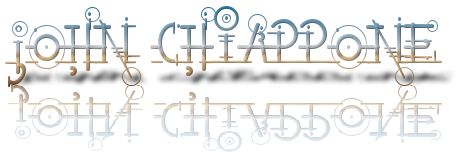|
1. The mind is a blank slate
(Tabula Rosa).
The mind is formless.
The meaning of an idea is its underlying perception.
2. There are no innate ideas.
3. All knowledge comes from
experience:
a.
Sensation - observation of external objects.
b.
Reflection - observation of the mind's inner
workings.
4. The mind combines simple ideas
to form complex ideas.
Simple ideas
are "the materials of all our knowledge."
5. Empirical objects have three
kinds of powers or qualities:
a. Primary
qualities:
motion, rest, solidity, shape, extension
etc.
Primary Qualities are objective.
If no one sees the cup, it isn't white, but
it still has shape, mass density, and
impenetrability etc.
b. Secondary
qualities:
Color, odor, sound, flavor, texture,
temperature, etc.
Secondary Qualities are subjective.
Things cause sensations: white, warm,
and smooth... etc.
These are in the perceiver only. No
perceiver, no color.
They are linked to pleasure and pain.
(subjective)
If a tree falls in a forest ... ?
c. Relational powers: cause, effect, above, below, behind,
etc.
Things have the power to enter relationships
with others.
6. Material substance supports primary qualities
(I know not what).
Qualities and powers must be in something.
We never experience it.
It's an I know not what.
7. Mental substance supports
secondary qualities.
A quality or power must be in something.
We can't experience it.
It's an I know not what.
|
